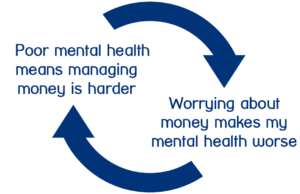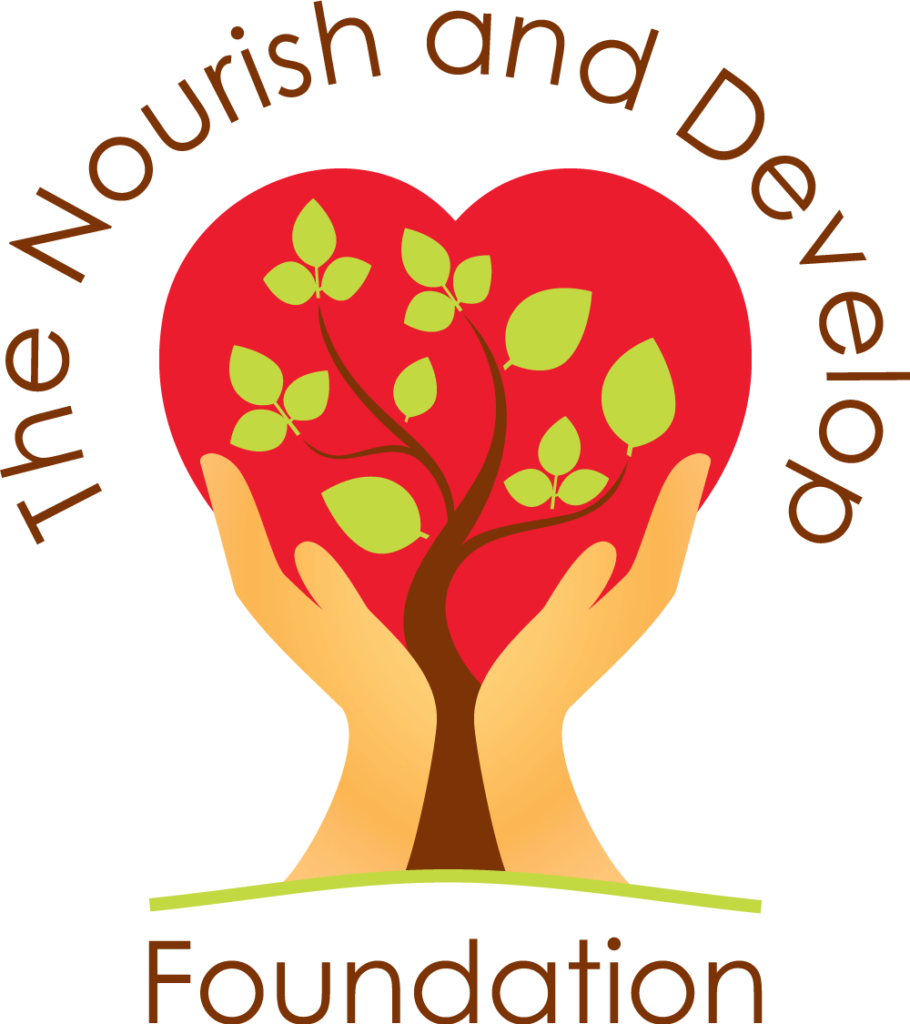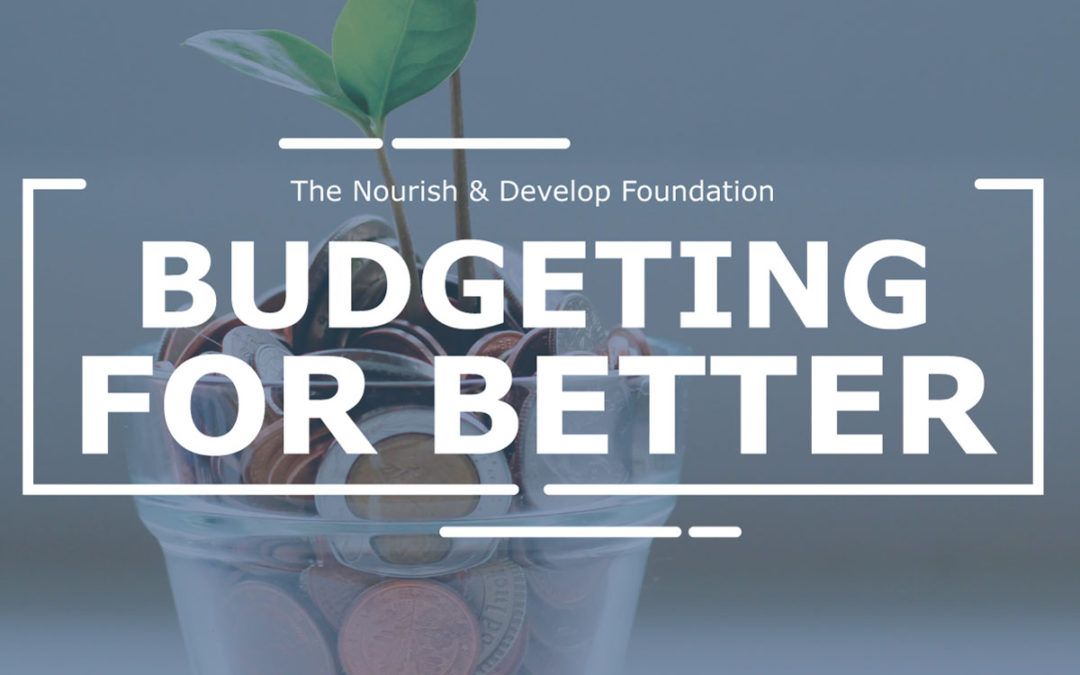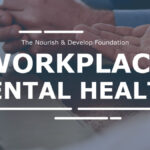Money can be a sensitive subject…
as we all are experiencing different financial situations, but it is also the currency we use to secure basic necessities. Individuals facing poverty are at an increased risk of developing mental health problems and having a mental illness can lead to factors that generate financial strain. Throughout the pandemic, one of the top sources of worries reported is finances due to changes to employment, income, costs, etc. While we acknowledge there are several structural causes of poverty, today we would like to draw your attention to budgeting tips that can help ease stress and to promote thoughtful spending.
Cost on our mental health
“One of the biggest sources of mental health strain is debt. People who have mental health problems are more likely to be in debt, and people who commit suicide are eight times more likely to have debt. Depression, anxiety and psychotic disorders are the most common mental health symptoms associated with debt, and substance abuse risk is also increased.
A study published in Psychological Medicine said that consumers having trouble paying their rent or mortgage experience the same distress as someone going through a divorce or job loss. With so many people living paycheck to paycheck, that’s a significant portion of the population.
In 2017, the American Psychological Association released their annual “Stress in America” survey. Money came in second place, and 62% of people surveyed said it was a very or somewhat significant source of stress.”
- We might use finances to cope– if we are feeling down, we can get immediate gratification through spending. Life can feel out of control at times, so buying something can be an act of taking back control.
- We might avoid finances to protect– having to face our bills and debts can be very stressful and exacerbate our anxiety. Or we withdraw from social and self-care activities which are good for our mental health because we are afraid to spend.
- We might feel trapped by our finances- it is easy to feel stuck in a cycle when expenses are ongoing, so much so that It seems like there is no point in even trying to do something about it. It can also prevent us from accessing proper food, housing, medication, and therapy.

As difficult as it is, our financial and emotional struggles will only get worse if they are ignored. It is okay to feel scared or overwhelmed, but face it anyway. It can be helpful to talk to a financial counsellor or psychotherapist regarding any concerns, and to experiment with strategies that will work for you!
Tips
When spending, consider the following:
By placing time limits on specific items. For instance, no new clothes for 3 months, no new makeup for 4 months, etc. and once you already wait it out, you may find that you do not need it anymore.
If you are trying to save, some practices that might help include:
When we think of saving, we usually think of large investments like retirement or real estate, but it is also important to budget for vacations, recreation, and for items that will bring you joy.
When you learn to do things on your own, you save on having to pay for someone else to do it or to repair an item. Ask someone you know or visit YouTube to teach you steps on how to sew, do oil changes, and to start a garden to grow your own food.
If you don’t know where to start, check out the below resources for social assistance, budgeting tools, and free services to help you get on track. You do not have to do this alone.
Would your anxiety about saving ease if you didn’t have to think about it? If you have a banking account, arrange for automated payments from your chequing to go into your savings. You can pick the amount and the frequency, even a little goes a long way!
Smoking and drinking alcohol excessively isn’t just harmful to our physical health, but our financial health too. If you have made these vices a regular part of your lifestyle, you probably don’t realize how much it is costing you, so don’t make them a priority. There is community support to help quit such substances altogether.
If you are reckless with your belongings, you put yourself at a greater risk of damaging them, and therefore replacing them. Use items as intended, perform regular cleaning and maintenance, and you will increase their lifespan.
If you are trying to save, some practices that might help include:
If you are trying to hold off another day to grocery shop, challenge yourself or your family to pretend you are on ‘Chopped’ and create a meal using what is already in the house. You might discover a pleasant combination of foods that you would not have tried otherwise!
Walking, running, hiking, biking, rollerblading, sunbathing, and yoga are great ways to reap the benefits of vitamin D, to exercise, and to spend time in nature, which renews our energy and boosts our creativity.
Make a little extra cash by selling things you no longer have use for. Fix up an old bike, or sell it as is for someone else to restore and make money off of. Having a garage sale and posting free ads on websites like Kijiji or features like Facebook marketplace make it fast and easy.
Cans, bottles, toilet paper rolls, and items found in nature like sticks and rocks make a great base for DIY projects. Dig out the crafts supplies and make home décor or natural skin care products. Try this simple homemade deodorant.
Income Supports:
COVID-19 Benefits and Services
Ontario Disability Support Program
Sources:
https://www.mhanational.org/managing-your-money
https://ontario.cmha.ca/documents/poverty-and-mental-illness/
Resources:
Durham Region Food Budget Book
Flipp Flyer for Deals & Discounts
Food Banks can help provide food so you can put your money towards other bills like rent without compromising nutrition.
Brock Community Food Bank
(705) 426-1771 (Beaverton)
(705) 955-9130 (Sunderland)
The Nourish and Develop Foundation
(705) 432-2444
Employment supports can help you secure a job through assistance with resume building, job interviewing skills, and knowledge of available positions that are local to you and in your field of experience/interest.
Durham College Employment Services
(905) 852-7848
(905) 725-0087



